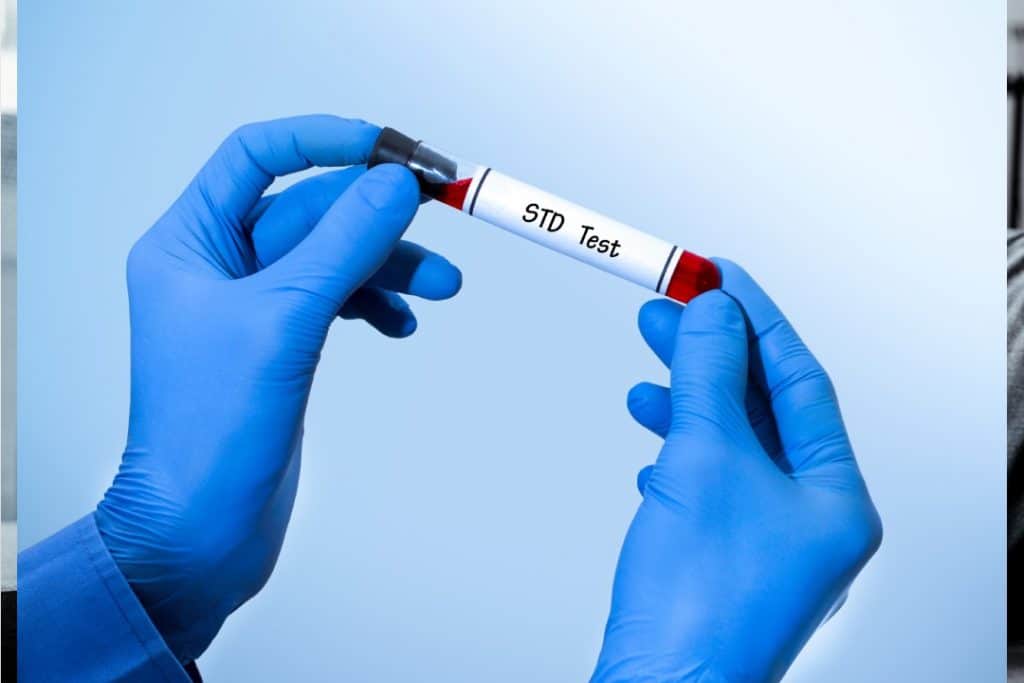You may be surprised to hear this, but sexually transmitted diseases (STDs) are more common than you think. It is anticipated that one in five people has a sexually transmitted infection. Getting tested for STD frequently is highly recommended simply because you want to be sure that you’re protecting yourself and your partner from any negative complications that can come with STD.
You may have already had STD testing and you’re anxiously researching how long it could take to get STD test results back from the doctor. Well, everything you need to know is right here.
When Should I Get Tested For STDs?
You should get yourself tested for STDs in the following circumstances:
- If you’re in a relationship
- You’re not considering using condoms
- Symptoms of STD have become known
- You’re sexually active
Many long-term partners have been together for a long time yet haven’t been STD tested.
How Can I Get Tested For STDs?
Getting tested for STDs is simple. You can get tested through your primary care provider at a doctor’s office, local health clinic, or a pharmacy.
What Happens At An STD Test?
STD testing is quick and painless. There are multiple kinds of STD tests and they can include either of the following:
- A urine test – you’ll be required to pee in a cup
- A cheek swab – rub the inside of your cheek when given a soft swab to identify signs of HIV
- A swab sample – a swab may be used to test for other infections in the penis, vagina, urethra, anus or throat
- A blood test – the doctor takes a pinch of blood by pricking at your skin for the blood to come out
- A physical exam – the doctor looks at your genital area for signs of sores, rashes, warts or irritation
Typically, you’re being tested for either of the following signs:
- Human Immunodeficiency Virus (HIV) Testing
- Chlamydia
- Gonorrhea
- Syphilis
- Trichomoniasis
- Herpes
How Long Will It Take To Get STD Results Back?
There isn’t a set time to get your STD results back. Several factors determine how long does it take to get STD test results back from the doctor:
- The kind of disease you’re being tested for
- The testing method used
- The location of the test
Below provides an overview of the type of results you may receive and how long they could take.
Human Immunodeficiency Virus (HIV) Testing
The doctor will perform several tests to detect HIV such as a rapid antibody, rapid antigen, and laboratory testing. If sent to the lab, it can take several days for the results to arrive. If you undertake a rapid antibody or rapid antigen, you can expect to get the results back in 30 mins.
Chlamydia
Upon providing a urine sample and the tests being sent to the lab, it can take between 3 to 10 days for the results to arrive.
Gonorrhea
A sample from the urethra, cervix, mouth, or rectum will be taken as part of a test. You should expect the results to be provided within or up to 5 days.
Syphilis
Testing for syphilis is usually performed by taking blood. It may take from 3 or up to 10 days for the results to come back.
Trichomoniasis Testing
Your healthcare provider will take a use a swab and take a cell sample from your vagina (women). For men, it is from the urethra. Expect it to take a minimum of 1 to 7 days for the results to return.
Herpes
The herpes simplex virus can be tested in many ways such as swab testing and blood testing. It is likely to take between 1 to 3 days for you to receive your results.
Take An STD Test Today…
To get STD tested, start by talking to your healthcare provider or doctor. You may also consider performing a test at home if you want the results to be quicker, which will require you to order online. Get in touch with your doctor today.

